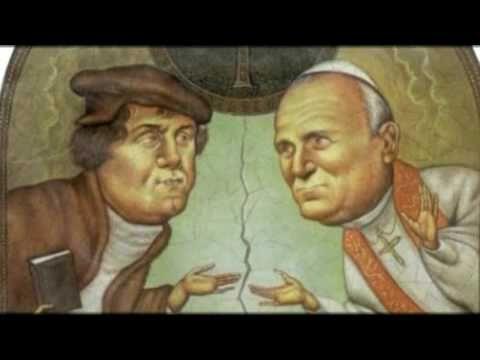
The greatest achievement of a social movement will be to succeed in changing its host society, or it will have to adapt. The interesting thing about social movements is that in the end, they become part of the bureaucracy that they weretrying to change.
A successful social movement is finally absorbed into existing institutions when it has achieved the desired changes. Our entire culture and society is made up of past social movements, both those that have been successful and those that have failed.

Even the failure of social movements leaves a mark on their society. The
social movement that Martin Luther started against the Catholic Church resulted
in Protestantism.
Martin Luther nailed his 95 famous theses in a Wittenberg church on October
31, 1517. In a world where people paid for the forgiveness of their sins, his
ideas were very radical.

The monk Martin Luther only wanted to discuss the problems that he saw in
the Catholic Church. But what happened at Wittenberg on October 31, 1517 would
forever change Germany, Europe, and the rest of the Christian world. To
understand the earthquake that triggered his 95 theses, it is necessary to go
back to the time in which he lived.
Martin Luther produced his religious movement, produced important changes
in almost all aspects of social, economic and political life, with great
repercussions in the modern history of the western world.











